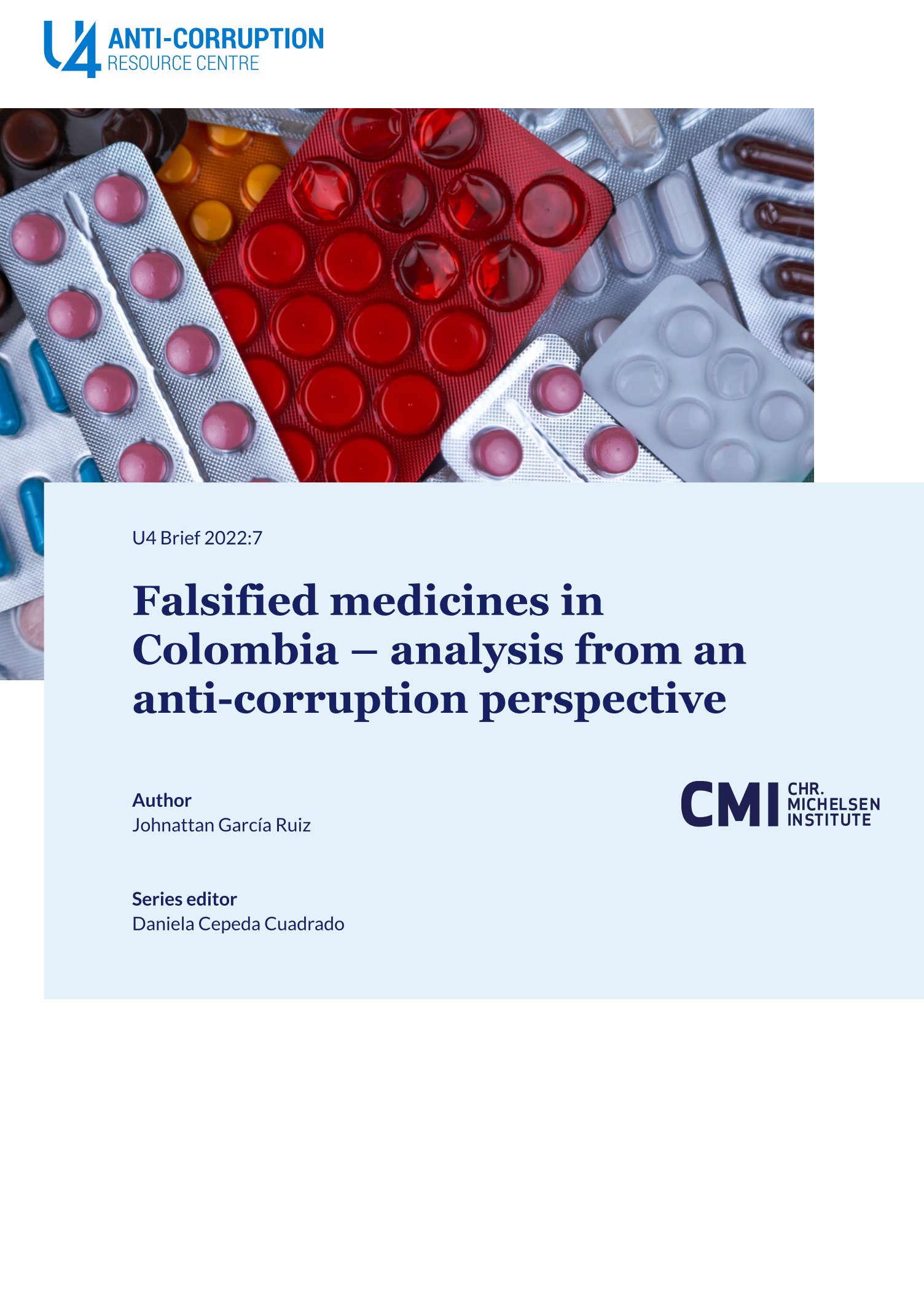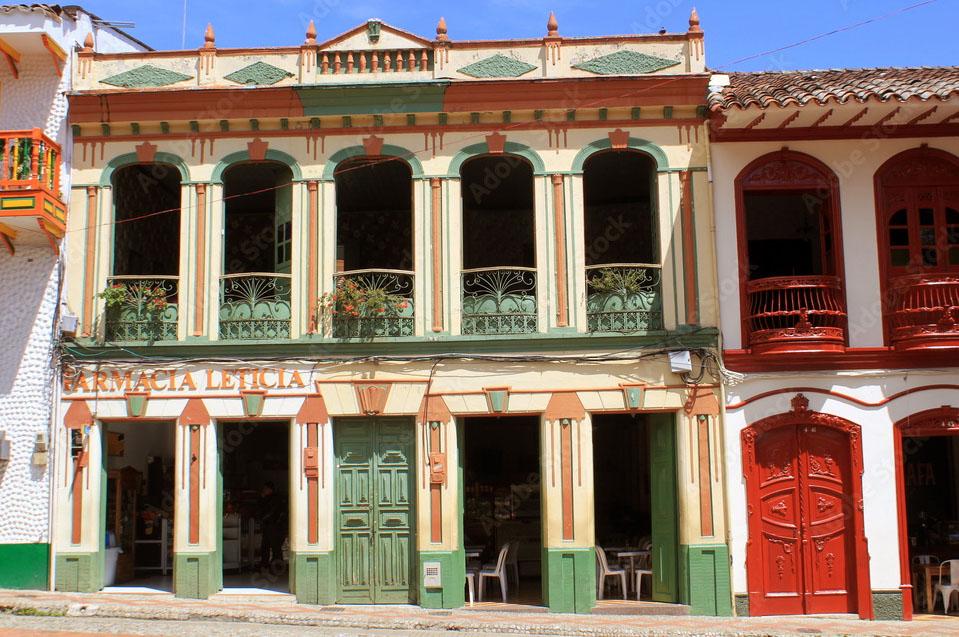Main points
- Colombia must recognise drug falsification as a problem of corruption, transparency and accountability that invites all actors, public and private, to take proactive action to counter this phenomenon.
- The country lacks reliable and standardised information to estimate the prevalence of drug falsification. This information gap prevents the government from proposing or justifying more significant investments to strengthen the institutional response to this critical public health problem.
- Inter-institutional strengthening and articulation are needed based on a modern public policy, with precise objectives, goals and responsibilities. This policy should adopt good practices and international terminologies to counter corruption related to the falsification of pharmaceutical products.
- E-commerce and the digital media advertising of falsified products constitute Colombian authorities’ most significant challenge. The current regulatory framework does not give the government the ability to respond to the growing number of fake products marketed on the internet.



